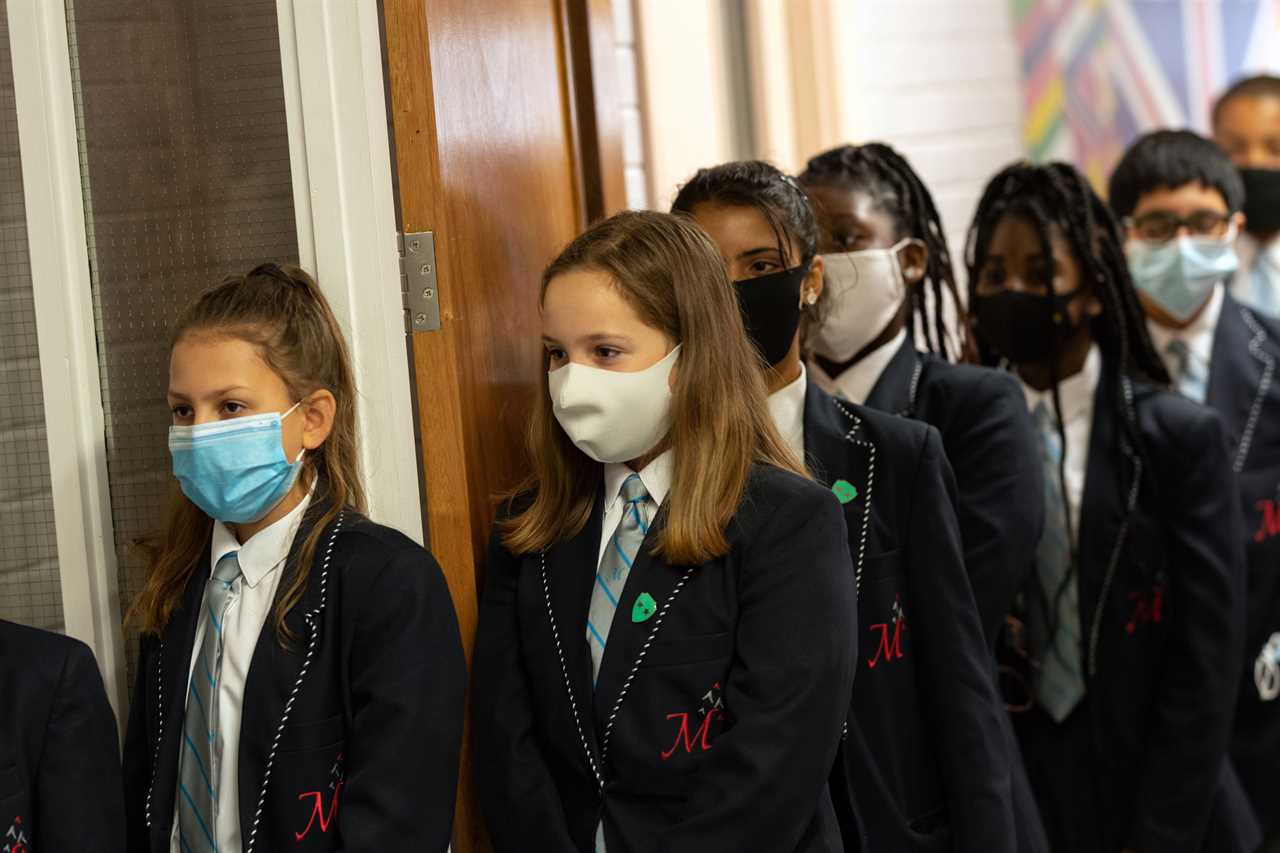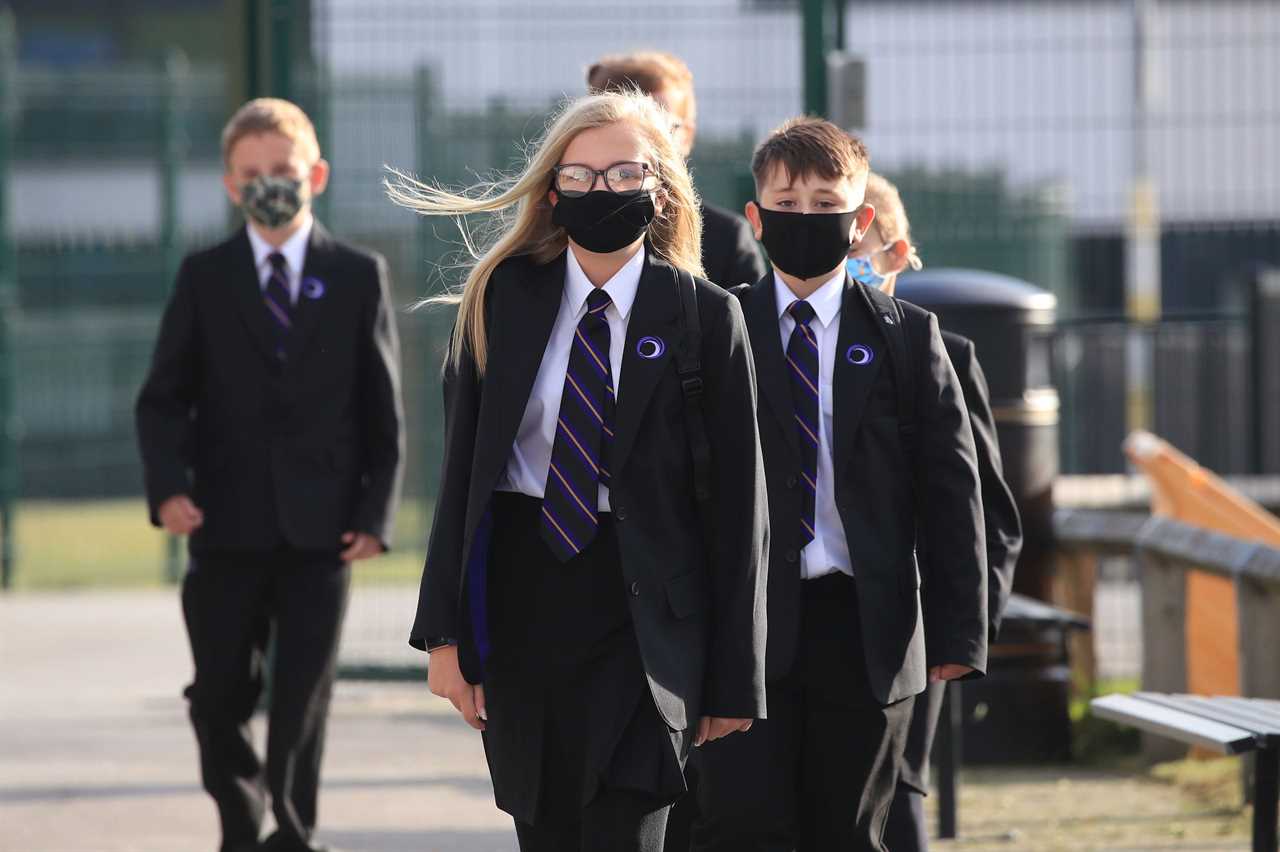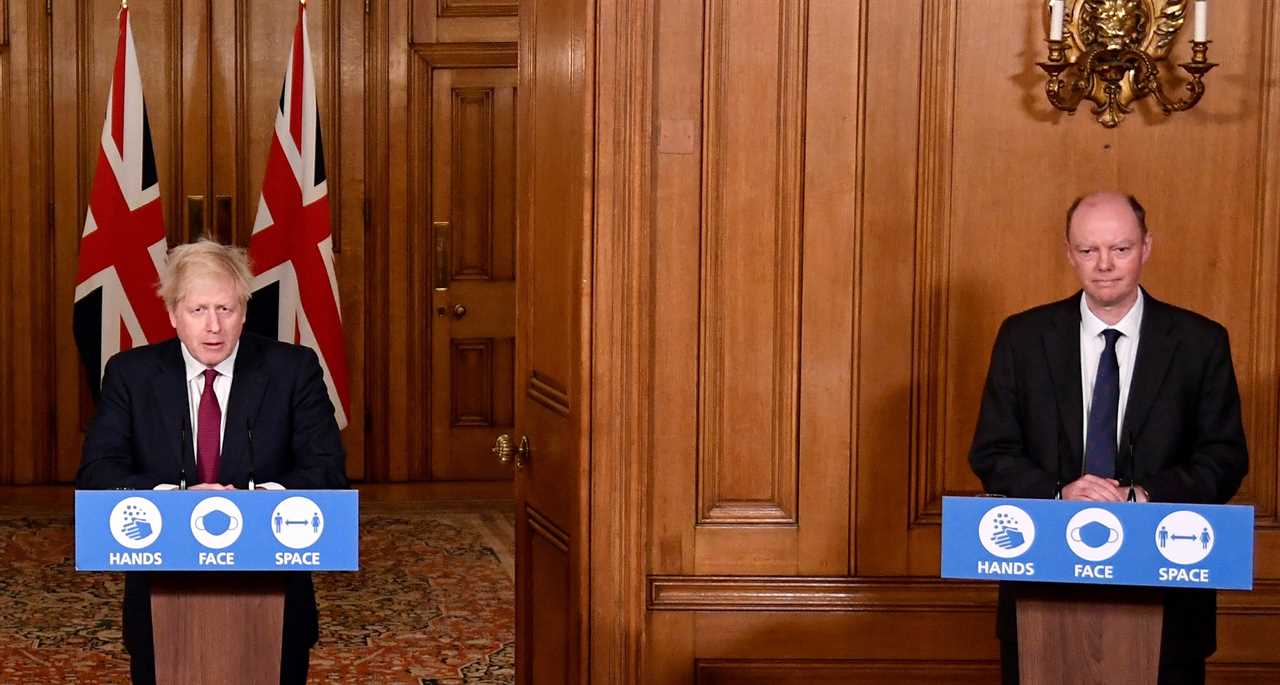THE COVID pandemic has opened a gaping wound in our education system in terms of those from disadvantaged backgrounds.
Despite the individual efforts of thousands of teachers and schools across the country, the truth is that, since the coronavirus hit the UK, millions of children have done barely any learning at all.

Even without the pandemic, we know that disadvantaged pupils are 18 months behind their better off peers when they come to GCSEs. What this virus has done has made that level of attainment much worse, as disadvantaged children fall even further behind.
The Chief Inspector of Schools, Amanda Spielman, summed it up clearly when she said: “One day of national school closure works out at about 40,000 child years of education in total.”
Just one day. Pupils not at school have suffered from increased mental health worries, safeguarding concerns and a decline in general wellbeing.
Only yesterday, a study by the Royal College of Paediatrics and Child Health showed a three to four-fold huge increase in eating disorders among young people. Part of the reason is that children have been isolated at home and have not been in school.
The pressures on parents who are looking after children has also been immense. Whilst the professional classes may be able to work from home with a perfect internet connection and a number of laptops, people who are working in the NHS, delivering our parcels or working in factories, are unable to stay at home to look after their children.
Those who do, may lose some of their income, absolutely vital at this time.

‘We can’t have schools as revolving doors’
So when the government makes these decisions about the risk of Coronavirus, they should also do a serious risk assessment as to the effects on the mental health and wellbeing of children and parents, and the effect on academic learning.
We have to deal with the Coronavirus, but we don’t want to create an epidemic of educational poverty in our country.
The government should be doing everything possible to make sure that all children are back in school, that teachers and support staff are a priority for vaccination and that the testing regime is rolled out quickly and efficiently.
What the armed forces did in Dover this week, rolling out testing to clear the backlog of lorry drivers heading for France, needs to be repeated in our schools. A national education army of volunteers should be set up and drafted in to help with testing and vaccination.
I understand that parents are worried but everything the government has said for the past six to nine months suggest the risks for children in terms of Coronavirus are relatively low and transmission rates are pretty marginal.
For months, the Chief Medical Officer has been saying it’s safe for children to be back in school. If that has changed, he and the Prime Minister need to set out the science and the evidence to explain that. But it needs to be alongside a risk assessment on the mental health and wellbeing of children and parents.

We can’t have schools as revolving doors – open one day, shut the next – causing instability for the students and difficulties for the staff.
Teachers and support staff are frontline workers putting their health at risk, and we must do everything we can to protect them, which is why the vaccinations and tests are so important. But our children must be our priority. We can’t let this disease ruin their life chances.
Surely we should be able to ensure that the next generation of children can climb the ladder of opportunity from a level playing field, and are able to get jobs in the future.






